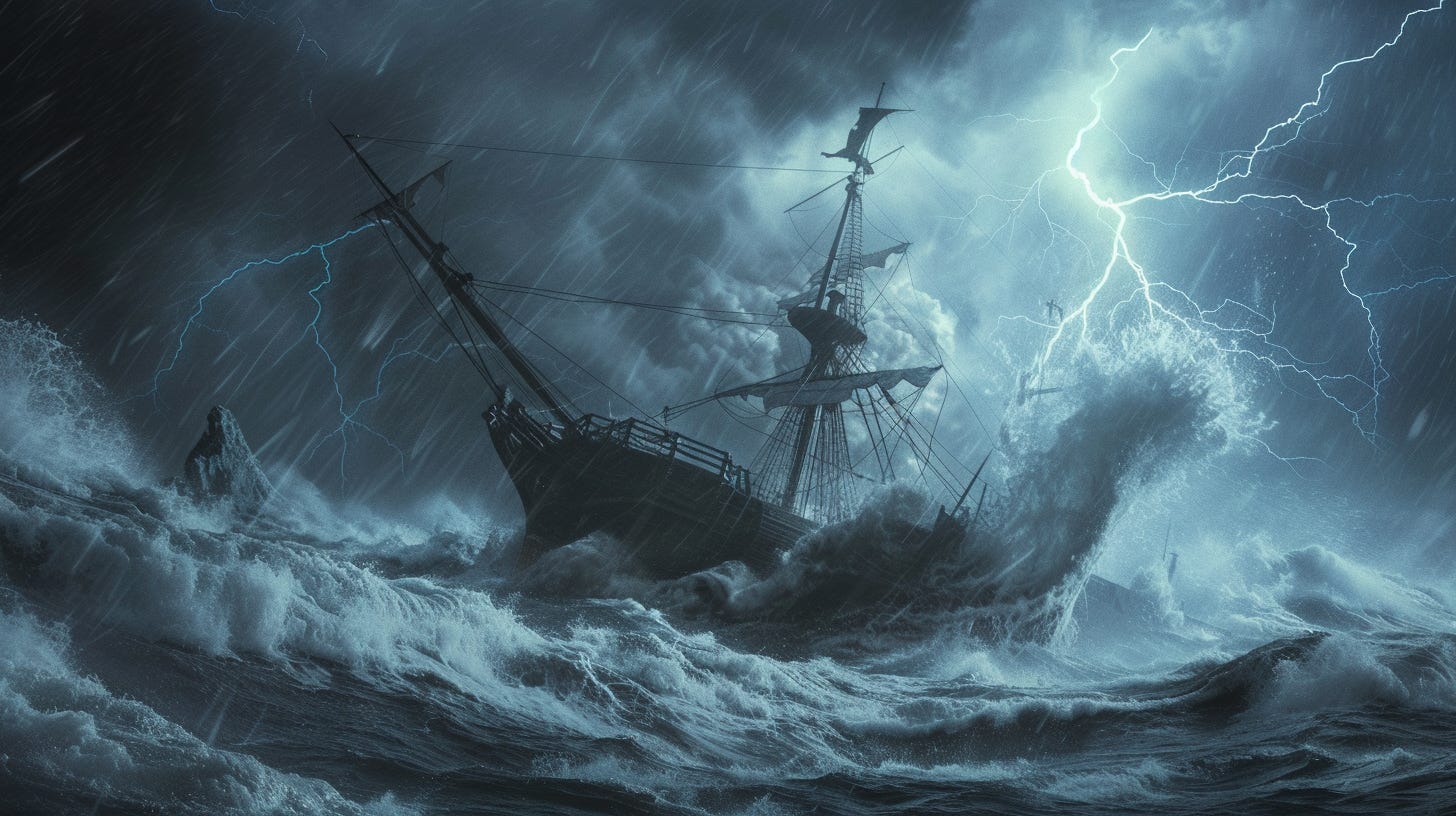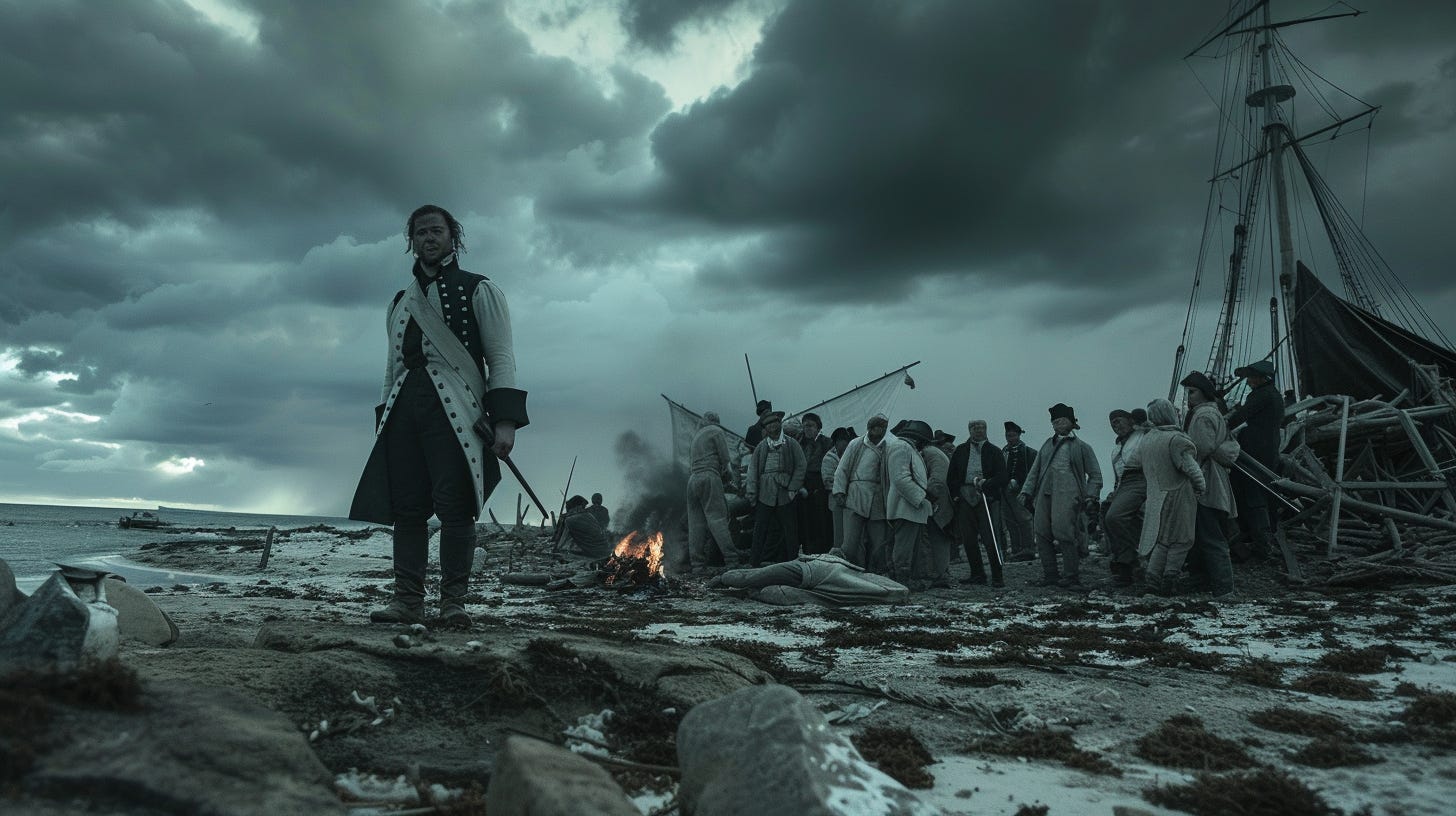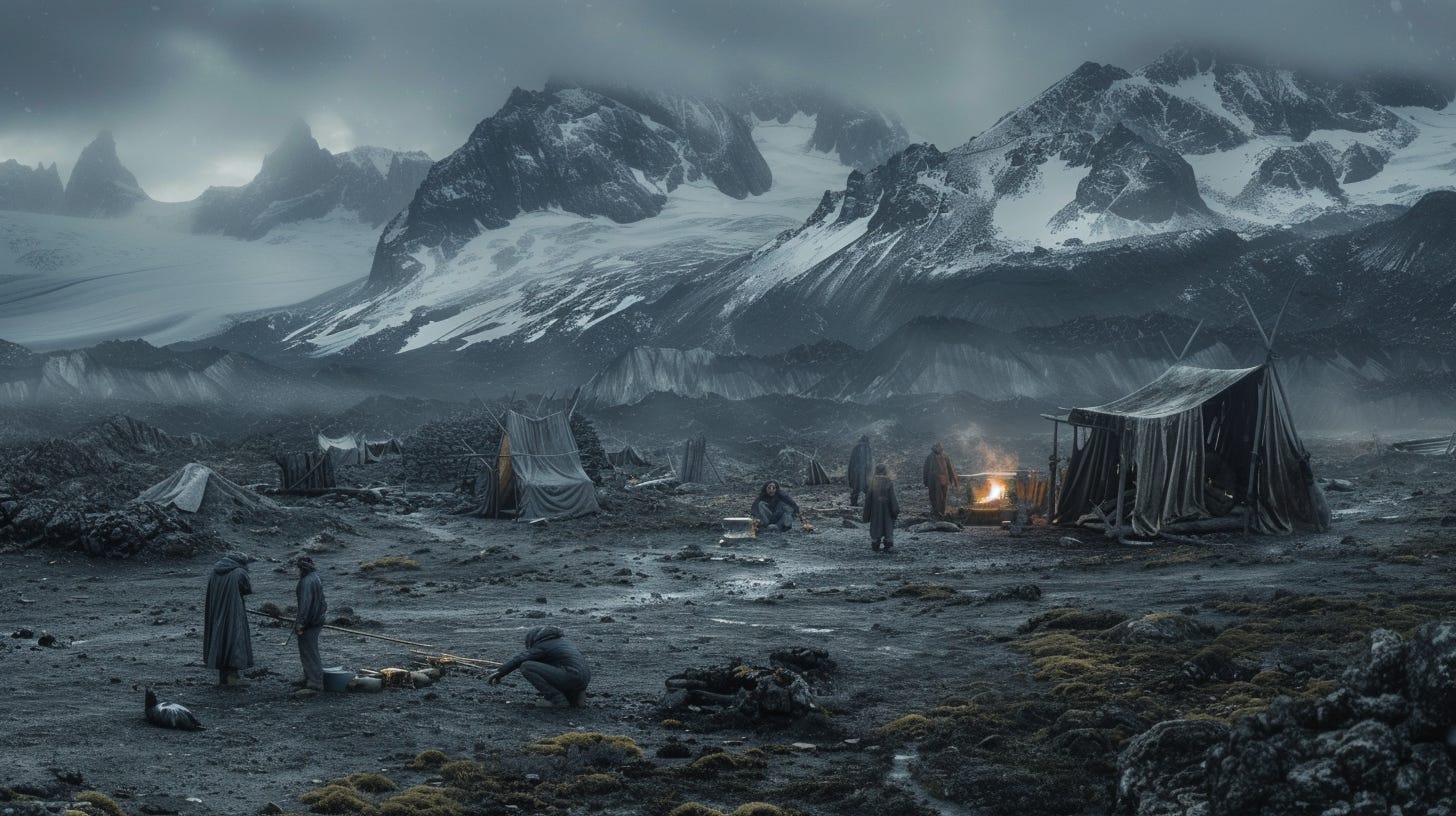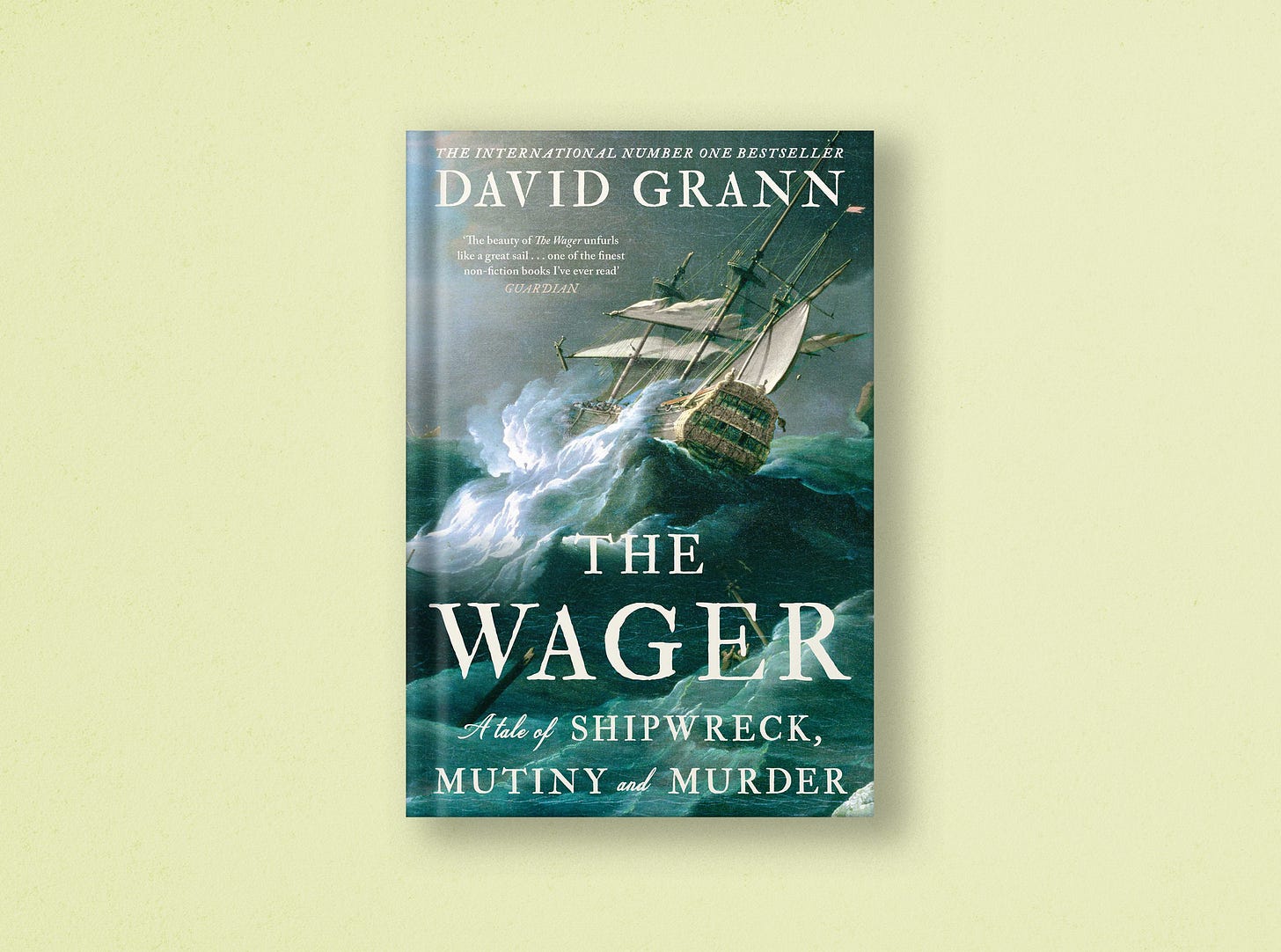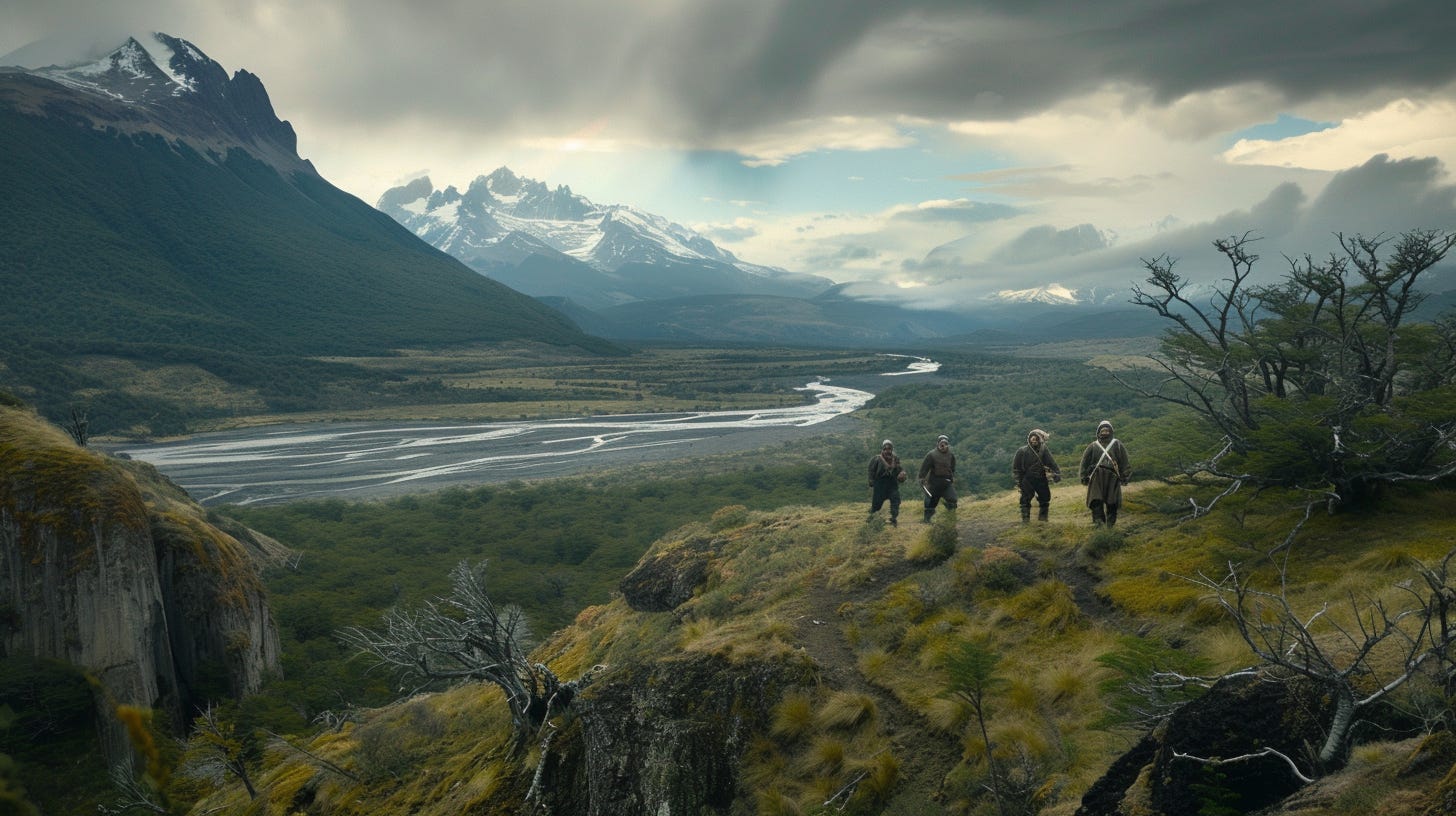There is little as captivating as a historical non-fiction book that delivers the thrill, horror, and drama of grand fantasy adventures. "The Wager" by David Grann is one such book. Grann, a master at bringing life to the pages of dusty archives, offers readers a front-row view of the harrowing voyage of Captain David Cheap and his crew. Their story is as much an exploration of the human spirit as it is a deep dive into an era and location far removed from our modern comforts.
What It's About
"The Wager" intertwines several narratives, including the formidable power of nature, the challenges of leadership in the face of disaster, and the limits of humanity when ordinary people are confronted with life-and-death decisions. Despite the dark undertones of European colonialism, a remarkable aspect of 18th-century British Imperialism was the noble and encouraged practice of daily writing and journal keeping. This has resulted in a wealth of primary sources that Grann expertly draws from, placing the reader directly on board the Wager alongside historical figures such as Midshipman John Byron and Gunner Bulkeley. The narrative takes the reader through treacherous seas, a catastrophic shipwreck, a mutiny filled with moral dilemmas, and the incredible journey of some sailors back to England to face public trial for their breach of British and Maritime law.
Thoughts
Grann's skill in crafting a compelling narrative from the journals of long-deceased men lies in his focus on the nuances of human interaction against the backdrop of continual despair on the Wager and on the deserted island that shares its name. Each key figure is fully developed as a character, and a particularly powerful moment occurs when two factions on the ship tensely debate the best course of action for survival. Amid dwindling supplies and the breakdown of civility, Captain David Cheap's stubborn arrogance clashes with John Bulkeley's frustration. In a symbolic moment, a gust of wind blows Bulkeley's hat off, only for a member of the opposing faction to offer his own in a gesture of solidarity and compassion. In a situation where men contemplate cannibalism, this act of kindness resonates deeply with Bulkeley and the reader, highlighting the resilience of the human spirit. It's one of many scenes in Grann's narrative that prompts reflection on the complexity of human nature.
Conclusion
David Grann's "The Wager" masterfully blends historical narrative with cinematic storytelling. It not only guides the reader through one of the most famous and dramatic maritime adventures but also prompts reflection on the fragility of civilization, the strength of the human will to survive, and the consequences we face for our decisions. For anyone looking for a first-hand perspective on 18th-century life at sea, or just wanting escape into a wild and unpredictable adventure, “The Wager” is worth the read.
Images - Imagined by AI
